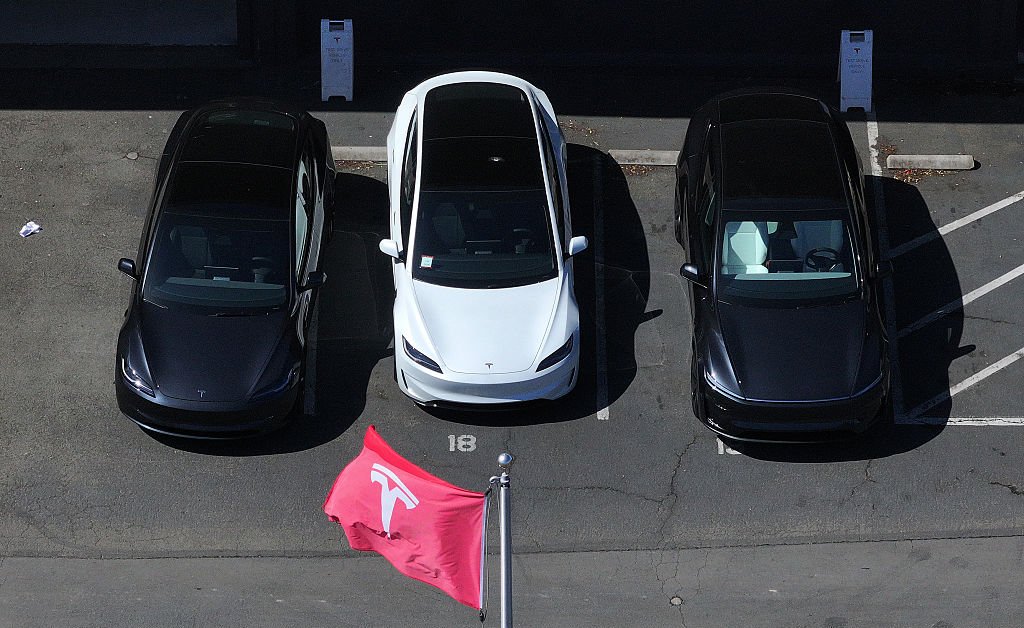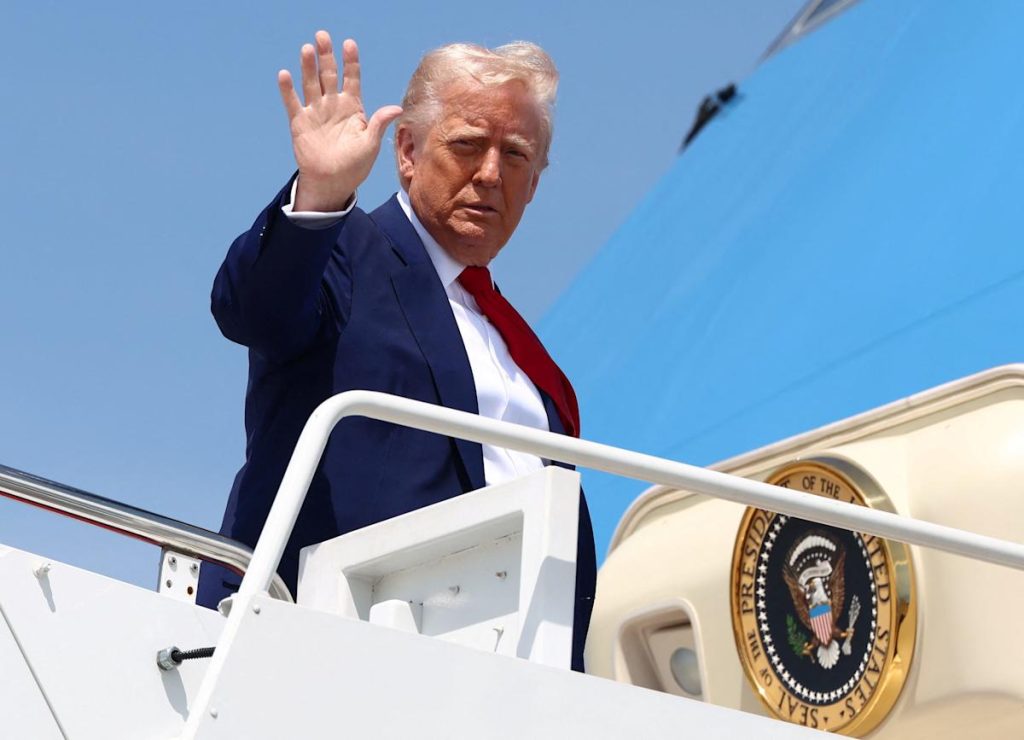Now Reading: Tesla Is No Longer the Only Benchmark for EV Success
-
01
Tesla Is No Longer the Only Benchmark for EV Success
Tesla Is No Longer the Only Benchmark for EV Success

Elon Musk’s involvement in politics and work with the Trump Administration quickly impacted Tesla’s standing as the top electric vehicle leader in the U.S. Complaints from left-leaning consumers and concerned moderates about his efforts to reshape the government led to a drop in Tesla’s car sales and a 71% decrease in net income in the first quarter of 2025 compared to the previous year. The company’s stock price also fell more than 40% since its peak in December.
Tesla’s struggles, which once served as a warning for the broader adoption of electric vehicles and the decarbonization of transportation, are now being seen differently. While Tesla was the first to introduce an electric car with mass appeal in the U.S. and remains a major player in the market, the success of electric vehicles is no longer solely tied to Tesla’s performance. EV sales for most other automakers in the U.S. saw year-over-year growth, with Volkswagen surpassing Tesla in EV sales in Europe and BYD leading globally in the first quarter.
Despite facing sales declines, Tesla continues to dominate the EV market with a significant market capitalization of $880 billion, exceeding that of Ford Motor Company by more than 20 times. Elon Musk emphasized the company’s future focus on autonomous cars and humanoid robots during an earnings call, indicating a broader vision beyond just EV sales.
While Tesla’s market cap reflects investor confidence in its technological advancements, other automakers are facing challenges in pursuing their EV ambitions amidst shifting consumer sentiments and policy changes. Legacy automakers are introducing new models to compete for market share, including more affordable EV options targeting a broader consumer base. Chinese EV manufacturers are also expanding into new markets with competitively priced vehicles.
The future of EV deployment and decarbonization in the transportation sector remains complex, with Tesla no longer serving as the sole indicator of industry trends.






